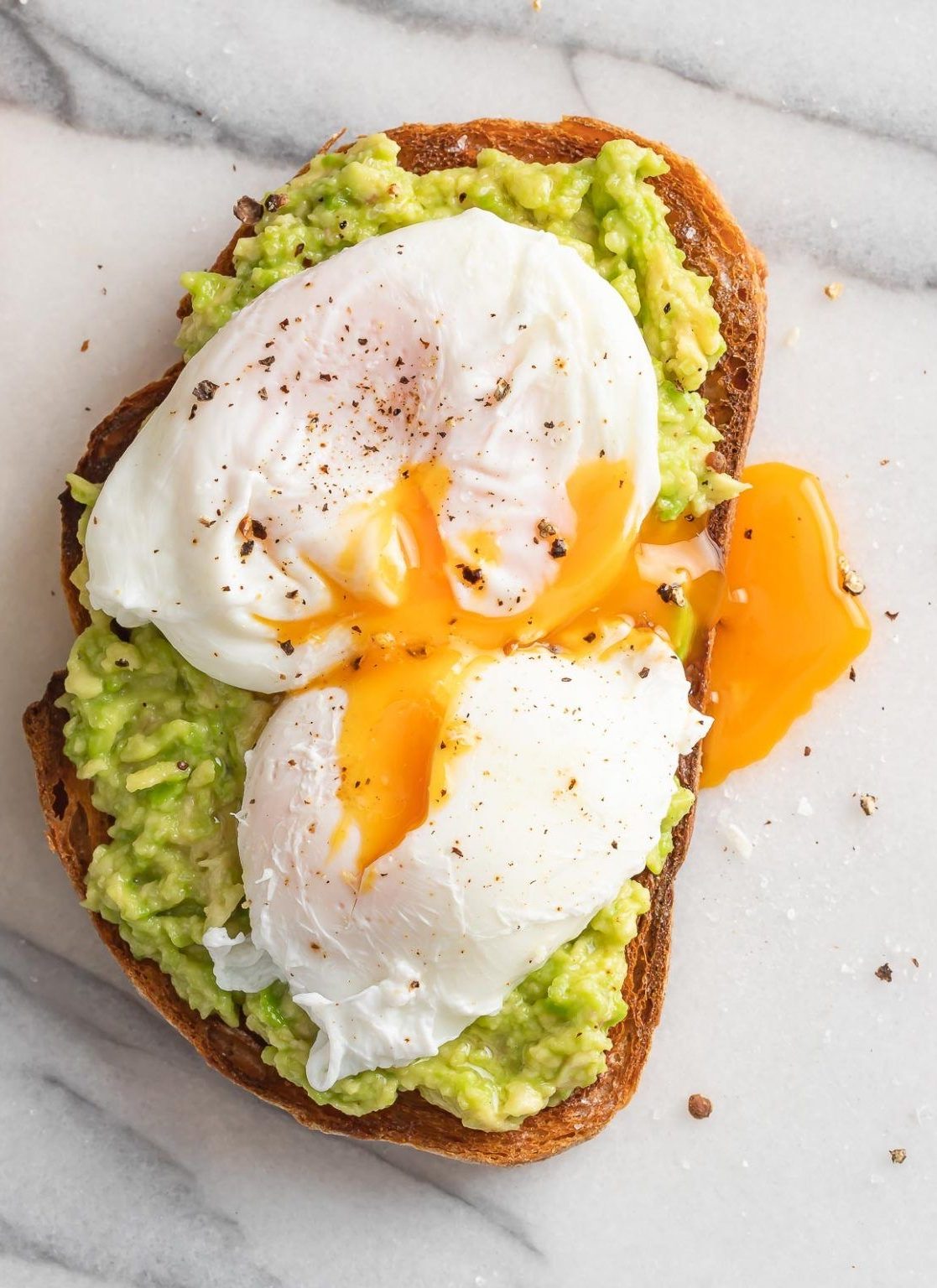
Are You Getting Enough Protein?
Protein. What it does, why we need it and how much to include in your diet.
What Is Protein?
A protein is a naturally occurring, extremely complex substance that consists of amino acid residues joined by peptide bonds. Proteins are present in all living organisms and include many essential biological compounds such as enzymes, hormones, and antibodies.
What Protein Does In The Body & Why We Need It
Protein is key for helping prevent muscle loss. It’s also critical in creating hormones like insulin and thyroid hormones, neurotransmitters such as serotonin and dopamine, enzymes and antibodies all which determine how well our bodies function and how we feel. You need protein in your diet to help your body repair cells and make new ones. Protein is especially important for growth and development in children, teens, and pregnant women. Not only is protein essential for your health, but it’s also the most filling macronutrient. Consuming it can keep you feeling full and satisfied, which supports a healthy body weight. A high protein intake offers several potential health benefits and could help increase weight loss, enhance muscle growth, and improve your overall health.
How Much Protein Do You Need?
Getting enough protein on a daily basis is essential for your overall health however protein intake has been an aspect of confusion for many clients.
What we think of as “protein” is actually a large category of molecules. They give structure and support to your cells and are necessary for immune function, movement, chemical reactions, hormone synthesis, and more.
The right amount of protein depends on your individual health and lifestyle however here are some general guidelines to consider.
For both women and men the Recommended Daily Allowance for protein is based on your body weight: 0.8 grams per kilogram of body weight.
Physical activity and age also effects how much protein we need. If you’re relatively active, you’re going to need more protein to compensate for the breakdown and utilisation of proteins that occur while you’re moving. From trainers I have come across, usually combined with a fitness program, 1 gram per pound of body weight is recommended.
Sources Of Protein
Protein can be categorized into two types: complete and incomplete proteins. Proteins are made up of smaller units, called amino acids. Complete proteins contain all of the amino acids your body needs and include meat, fish, poultry, dairy, and soy products. Our bodies can make more than half of the 20 amino acids we need. There are nine that we can’t make: phenylalanine, valine, threonine, tryptophan, methionine, leucine, isoleucine, lysine, and histidine. (They’re called essential amino acids because we must get them from food.)
Protein and weight maintenance
Protein and its effects on weight maintenance, we all know protein helps us build muscle but did you know it can also help us burn fat. Protein makes you burn more calories, this is due to the high thermic effect it has whilst being processed in our bodies, a high protein intake tends to boost metabolism, makes you burn more calories especially whilst sleeping! Protein also keeps our glucose levels steady, which does keep our blood sugar balanced and keeps any hangry cravings at bay.
Easy ways to bump up protein Intake
- Snacking only on protein. This tip is essential for making snacking work with your body and not against it. Snacking has been given a bad rep, but actually snacking when your hungry is a great way to practice listening and tuning into your hunger cues. Instead of snacking on carbohydrate based foods, that do not essentially provide sustained energy in isolation, make sure you snack on a protein dense food or if choosing a carb-y snack, pair it with a protein to buffer the glucose release to your bloodstream. Some great options are; a handful of nuts or seeds, slices of cheese or boiled eggs.
- Top your meals with a sprinkling of seeds. This is an easy hack to increase protein and also create an artistic crunch to your meal. Think pumpkin, hemp, sesame or chia to top of a salad or on top of a smoothie.
- Add collagen to your coffee. Collagen is a dense, insoluble, and fibrous protein found in bones, muscle, skin, and tendons. It makes up one-third of total body protein by weight. The majority of collagen supplements come in powder or liquid form, as well as either flavoured or unflavoured. It can be added to foods and beverages without affecting the taste, so upgrade your regular cup of coffee with a does of protein.
- Choose Greek Yogurt. Greek yogurt contains twice as much protein as traditional yogurt and can be eaten alone or added to other foods. Its versatile and packed full of protein, a great addition to pair with sweet or savoury foods. Greek yogurt can be used as a blood sugar balancing component to any sweeter foods like desserts, for steady release of glucose.
- Use spirulina super food powder. This tiny alga is packed with nutrients. A single tablespoon of dried spirulina powder contains 4 grams of protein! Spirulina is also rich in a range of vitamins and minerals essential for maintaining a healthy immune system, like vitamins E, C, and B6. Research finds that spirulina also boosts the production of white blood cells and antibodies that fight viruses and bacteria in your body. Try adding spirulina into smoothies or soups, to disguise its pungent flavour.
There you have it, I hope you know have a deeper understanding of the marco nutrient-protein and that you can now see its value and essential role in keeping us healthy and at our best. Try out the tips, weather you are choosing animal or plant based sources, experiment with bumping up your intake and see how you feel.
Categorised in: Nutrition
This post was written by Amelia Crossley
